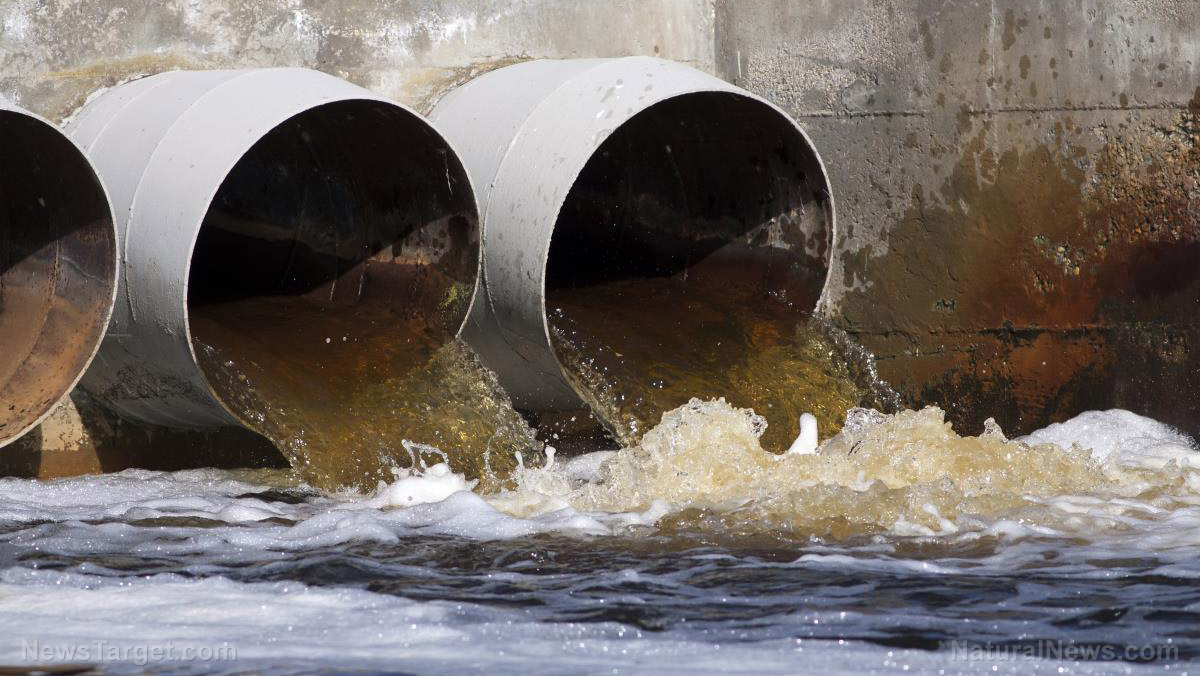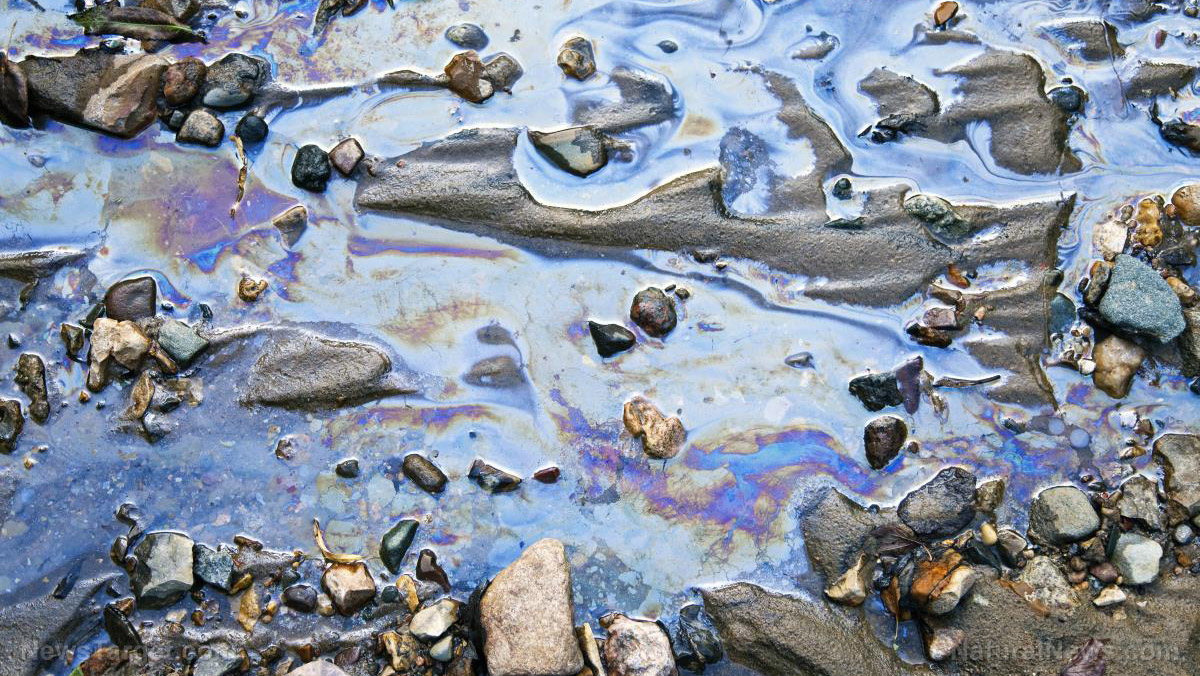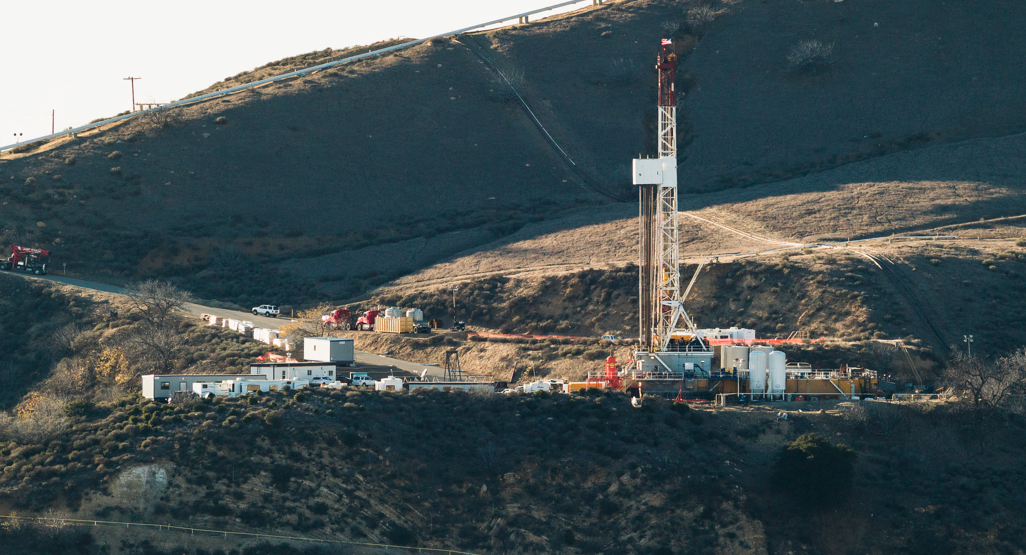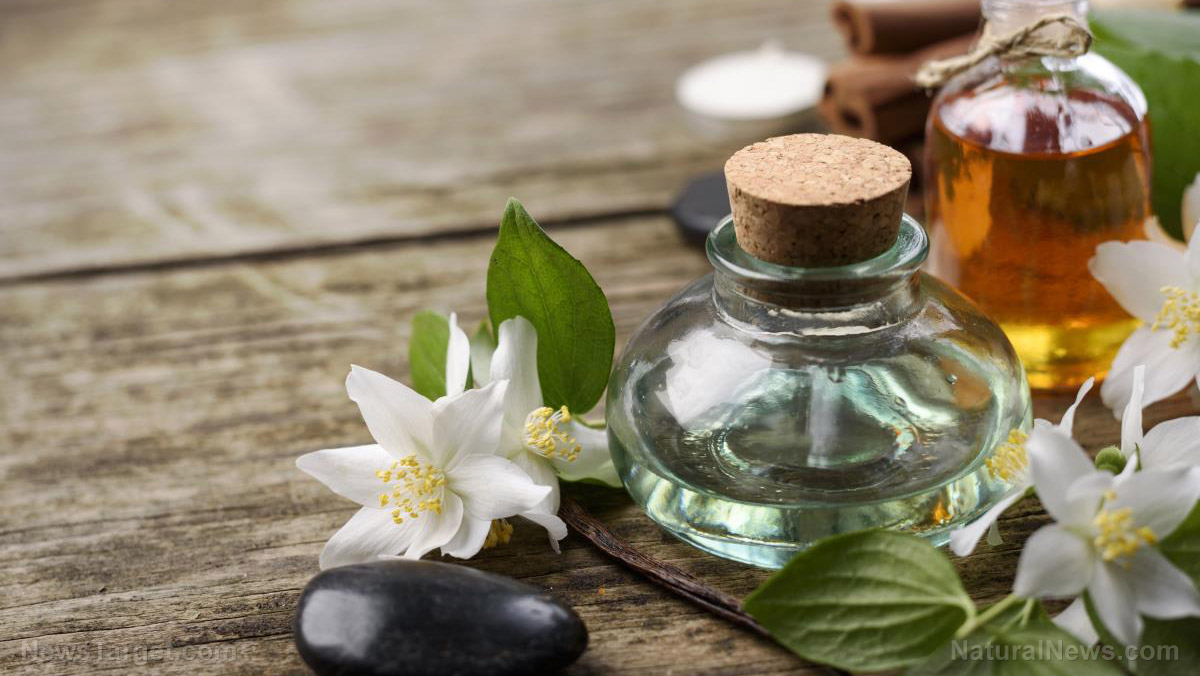Be sure to buy biodegradable sunscreen to protect coral reefs
02/07/2019 / By Jessica Dolores
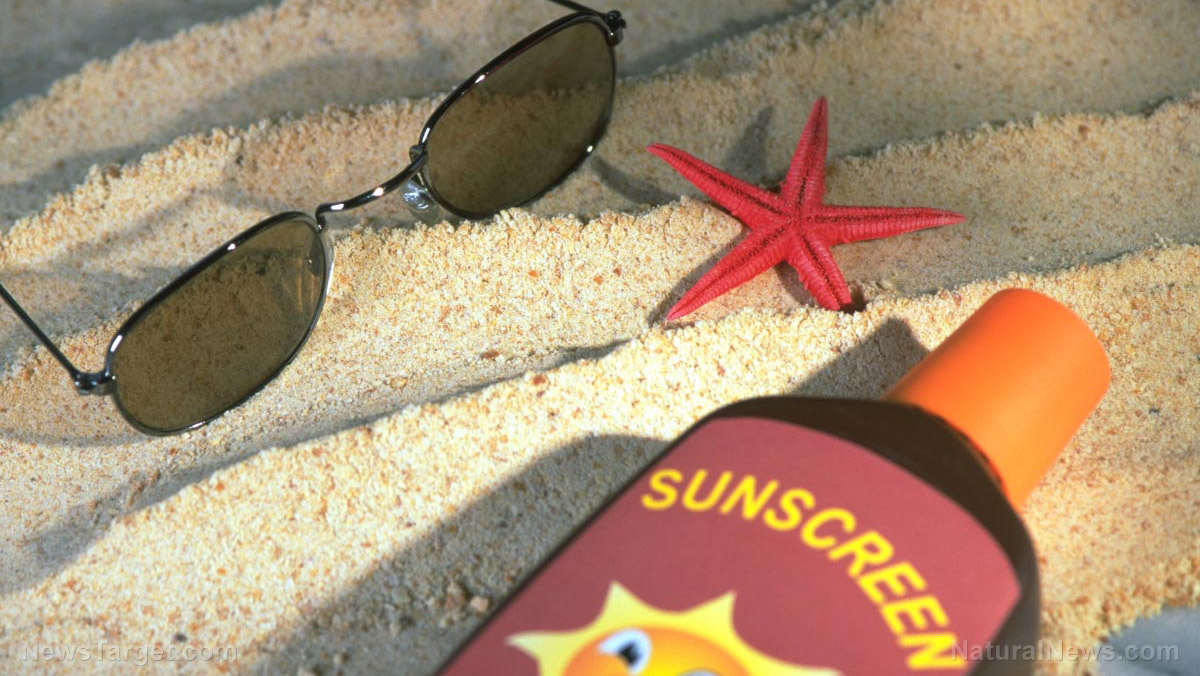
The sun is out and you’re raring to wear that pair of shades that has been languishing in your cabinet drawer for months. It’s also about time to resurrect that pair of slippers, your swim gear, picnic mat, barbecue grill, and other summer must-haves. Of course, sunscreen is part of these summer staples.
But wait. Before you slather on a generous amount on your body, consider a few questions.
Is that sunscreen environment-friendly? Will it be safe for marine life growing underneath the beautiful beach where you plan to spend many happy hours with friends and family?
Recent studies have found a link between the active ingredients that protect the skin from harmful ultraviolet rays to coral bleaching. Coral bleaching is the result of stress from changes in temperature, light and nutrients in the environment. Stressed corals release algae in their tissues, which make them turn totally white. Stressed corals are in greater danger of dying than their healthier counterparts.
This has led to a global outcry for more reef-friendly sunscreens. Craig Downs, executive director of the Haereticus Environmental Laboratory, which examined the effects of sunscreen on coral reefs, made a disturbing statement. He says sunscreen chemicals that get into the water while people are swimming enter sewage systems when washed off in the shower. Supporting Downs’ alarming statement is his team’s 2015 study showing how oxybenzone, a chemical common in sunscreens, harms algae that live in corals. Oxybenzone also stunts coral growth. Meanwhile, a 2008 European study stated that sunscreen led to a viral infection in corals, which in turn, promoted bleaching. The study added that around 14,000 tons of sunscreen are deposited into the world’s oceans yearly.
These figures were enough to make lawmakers in Hawaii lobby for a law banning sunscreens with oxybenzone. But they failed. Consumer Healthcare Products Association, which represents makers of over-the-counter medicine, and the Personal Care Products Council, made up of cosmetics and personal care industry representatives, protested, citing the role sunscreens play in cancer prevention.
But this did not faze concerned groups and individuals.
Mark Parrish, co-owner of Big Blue Unlimited, a tour operation that holds excursions in the Turks and Caicos Islands where coral reefs attract tourists, ruled that only “100 percent biodegradable sunscreen” should be used in their areas. Parrish published this policy on his company’s website to make sure visitors were forewarned. The travel industry likewise launched a campaign educating travelers on coral reef-friendly sunscreen. (Related: The sunscreen myth: How sunscreen products actually promote cancer.)
Aqua-Aston Hospitality, which manages over 40 resorts in Hawaii, distributes backgrounders on oxybenzone and coral bleaching as guests come in. The staff hand out samples of chemical-free sunscreen and offers free sunscreen dispensers with biodegradable lotion. The campaign is now enforced in all of the company’s resorts.
Outrigger Resorts, also in Hawaii, provides free samples of reef-safe sunscreen to guests.
At the seven Solmar Hotels & Resorts, guests may buy biodegradable sunblock on-site and are told in advance that it’s the only kind allowed in area preserves like Cabo Pulmo National Marine Park.
Using earth-friendly sunscreen may not totally solve the coral bleaching problem. But sunscreen use is the only one travelers and tourists have control over. Travelers can help save coral reefs even more by wearing sun protection gear like wide-brim hats, parasols and protective clothing which reduce or eliminate the need for sunscreens.
Sources include:
Tagged Under: biodegradable sunscreen, biodiversity, chemicals, clean water, coral reefs, corals, eco-friendly, environment, green living, marine life, Oceans, reef-friendly sunscreens, reefs, sunscreen, toxic chemicals, wildlife



